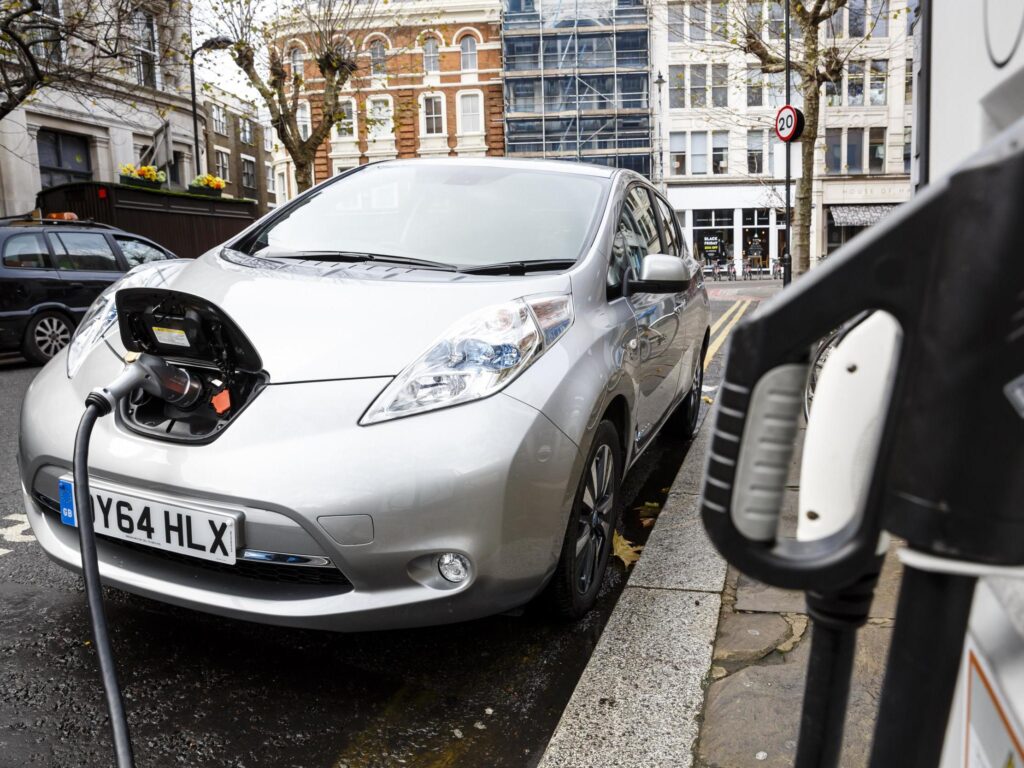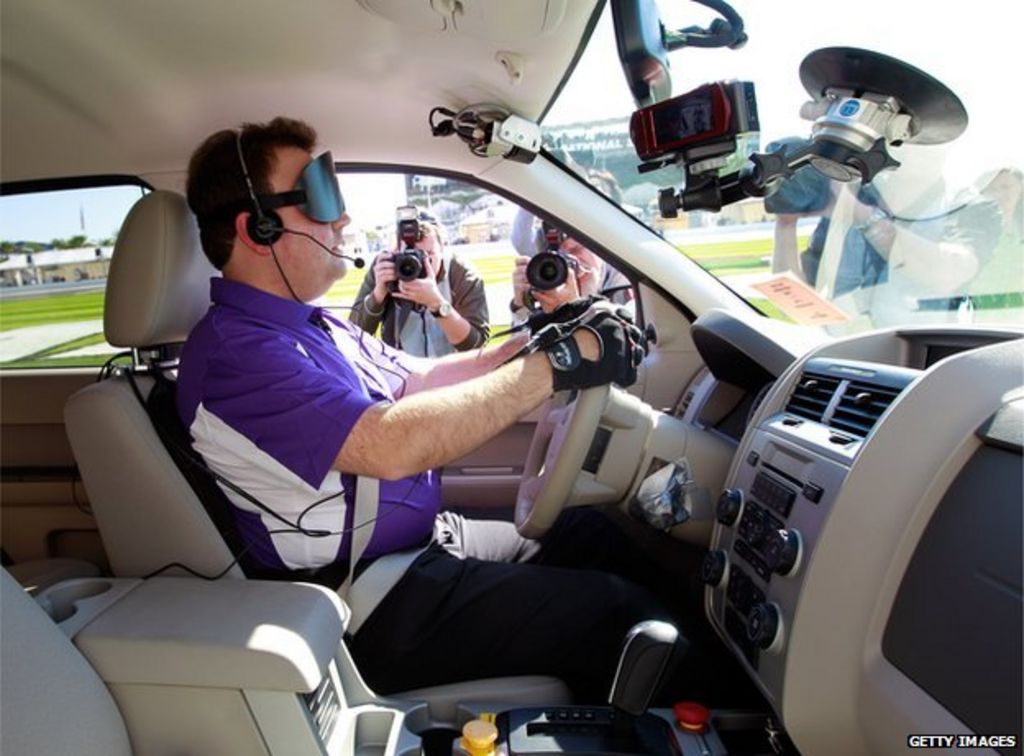Electric cars are getting famous these days and we see more and more people buying fully electric vehicles. But when you compare the sales figures with other vehicles i.e. hybrid versions and traditional cars, the all electric vehicles are not there yet. As of today, the hybrid vehicles only account for 2% of the vehicle sales and fully electric or plug in vehicles account for 2.1% global vehicle sales. These figures indicate that traditional gasoline powered vehicles still stay on top of the sales figures and governments need to take quick actions to guide people in the right direction i.e. buying more electric and hybrid vehicles.

When you see the sales figures and get to know the benefits of an electric vehicle, the numbers just don’t add up. For instance, a typical vehicle owner would spend more than $5,000 on fuel in one year while the owner of an electric vehicle will only spend less than $1,000 on charging the vehicle for daily commute. If it’s definite that you can save a huge amount by using electric vehicles, why people are not rushing to buy these? It turns out there is another side of the story here. Below you will find some of the realities of electric vehicles that are preventing more people to purchase electric vehicles and stick to traditional gasoline powered cars.
Most common challenges preventing Electric Cars from succeeding:
It will take time to Implement the Change:
From the last century when the first every car was introduced, we have come a lot of way from the most basic automobile that could only seat two people and didn’t have a roof or doors to the current luxurious car models that can be driven via computers. But this growth is only made in a particular direction, specifically talking about the gasoline engine vehicles. People have really developed a habit of driving a gasoline powered vehicle and filling up the fuel tank every now and then. If you ask them to just get rid of their current car and buy an electric vehicle that doesn’t require fuel at all, they will be a little uncomfortable. This discomfort is understandable because we have a long habit of driving the current cars so switching to nontraditional electric cars will be challenging.
Electric Vehicles are Expensive:
If you want to buy a good car today, you can have as less as $20,000 and you can still purchase a really good car from well reputed brands i.e. Toyota, Kia or Hyundai. Although the high end luxury cars can cost as much as $1 million but the real fact is that you can buy a good car under #30,000. Electric cars on the other hand are not so cheap. The base model of a good electric car starts from at least $50,000 which is double the price of a traditional gasoline powered vehicle. Yes we can save a lot of money from not fueling up the electric vehicle so often but still we need a huge amount of cash up front to actually purchase an EV which can be a problem especially for people who have limited sources of income.
There is no Specific Direction to Move Forward:
When we talk about electric vehicles, there are multiple technologies or directions that famous brands seem to be following. First of all, there is the parallel hybrid version where the electric motor and gasoline engine work side by side to increase fuel efficiency and the gasoline engine is used to charge the batteries for the electric motor. Then there is the series hybrid version where the car is entirely run on electric power and the motor is powered by the huge battery pack. There is a gasoline engine in the car but it doesn’t connect to the wheels. Instead, it’s only used to charge the batteries. Then there is the more famous plug-in electric vehicle which doesn’t have a gasoline engine at all. There is the electric motor that runs the vehicle and it’s powered by the big battery pack. This battery is charged by plugging in to the household power socket. These options create confusion among consumers and people don’t seem to understand which option is suitable or which technology will stay with them in future.
No one’s ready to take Responsibility of Charging Stations:
 As discussed above that an all electric vehicle can only be charged with plug-in option, you can charge your EV while at home. But keep in mind that the charging power will be slow and it will take a lot of time to fully charge the vehicle. There is some good news from Tesla that has announced Tesla Model S vehicle that can be charged from an ordinary power outlet quicker than other brands but still you will use the vehicle to travel and if you run out of power in the middle of the road, what will happen then. Electric vehicles are just getting popular and it means there aren’t as many charging stations across the globe as gas stations that you can find around every corner. Converting to all electric power means the government or private sector has to invest huge amount of money in setting up charging stations and no one seems to be taking this risk that can cost billions of dollars.
As discussed above that an all electric vehicle can only be charged with plug-in option, you can charge your EV while at home. But keep in mind that the charging power will be slow and it will take a lot of time to fully charge the vehicle. There is some good news from Tesla that has announced Tesla Model S vehicle that can be charged from an ordinary power outlet quicker than other brands but still you will use the vehicle to travel and if you run out of power in the middle of the road, what will happen then. Electric vehicles are just getting popular and it means there aren’t as many charging stations across the globe as gas stations that you can find around every corner. Converting to all electric power means the government or private sector has to invest huge amount of money in setting up charging stations and no one seems to be taking this risk that can cost billions of dollars.
A fully Electric Car still can’t achieve Zero Carbon Emission:

A common myth or concept is that if you buy an all electric vehicle i.e. BMW i8 or Tesla Model S, you are completely driving a green vehicle that doesn’t have any negative impact on the climate. But that’s just an assumption. If you consider the fact that you need to charge the vehicle very often i.e. every night from the power coming from the electric grid, you will realize that this electricity is not always sustainable and some power plants run on coal or nuclear power that have highest rating of carbon emissions. This means if there is a greater demand of electric vehicles, more electricity will be consumed and power sector will start setting up more power stations that will be run on coal or other types of fuel that are very bad for the climate.
It’s difficult to find a Certified Mechanic for Repair Work:
Last but not the least challenge in implementing electric vehicles is that this technology is still developing. This means unlike traditional vehicles that can be services or fixed by any mechanic, an electric vehicle should be maintained and serviced only by a certified mechanic. If you try to find a mechanic who is certified to fix electric cars, you will be surprised to see that there aren’t many people who have this experience. Obviously if you go to a mechanic who doesn’t know how to fix an EV, you can put your vehicle’s safety or operations at risk. Not to include the cost of maintenance of a hybrid or all electric vehicles because this can cost way more than a common gasoline powered car. At this moment, only Tesla is making exceptional quality batteries to power their fully electric cars and they claim that these batteries can work for years before getting replaced. Other vehicles just don’t give any particular figures about how many charging cycles their batteries can take and how soon they will stop working.










Leave a Reply